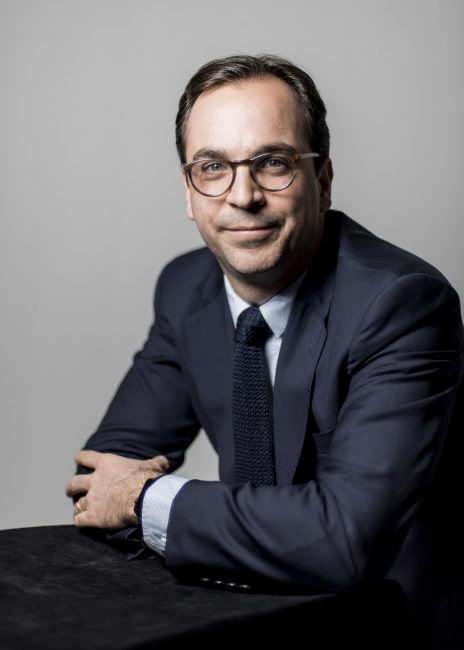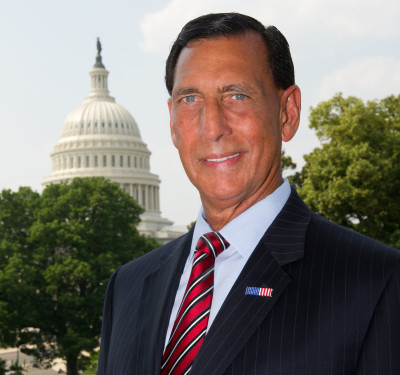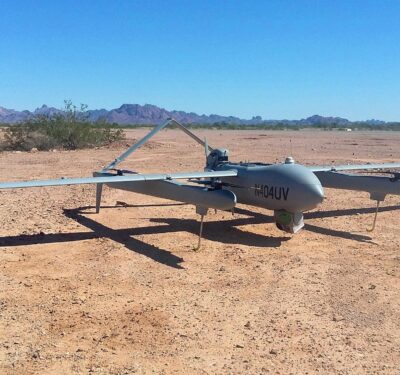
Vivien Heriard-Dubreuil, CEO, Microdrones
“I really believe in collaboration, bringing a different point of view, perspective, expertise,” Microdrones CEO Vivien Heriard-Dubreuil said. “I’m coming from a family of entrepreneurs, and it’s based on my experience. I don’t consider that I know everything. And I like to be challenged.”
That approach meshes with the origin story of this global aerial mapping technology company. The DNA of its 2005 founding involved German experts in different technologies: microcontrollers, motors, autopilots. The initial drone manufacturer’s subsequent merger with the drone services company Frenchman Heriard-Dubreuil developed in North America added the payload/application specialties that are now the company’s focus.
Today, Microdrones ensures that its 260 employees across six continents are on the same path, with leadership that is additive rather than exclusionary and personnel who are integrated with suppliers and customers alike.
CONCENTRIC VALUE
Collaboration, Heriard-Dubreuil said, begins “by knowing your own strengths but also the areas where you can improve. You start to see what could be the right complement to your skills, to be better together.
“I try to build the best team, and as a team we will produce the best results. Most of the time when they go to market, it has evolved a lot and they’re not really seeing what they had in mind at the beginning. But it’s really the team building it, improving it, adapting to the situation—that makes the success.”
That paradigm has attracted global talent. “Just in Germany, we have 20 different nationalities. It’s exciting to work on our products, so maybe it’s easier for us because we find passionate people.”
Managing those people requires structured responsibility, Heriard-Dubreuil said. “We are an organization with ‘project leaders’ and also ‘product owners’. That’s the reference for the status of a product today, but also where we want to go in the future.”
That future involves serving a customer base that currently stands at 1,500 businesses worldwide. “I think it starts with the suppliers,” Heriard-Dubreuil said. “We are not building everything in-house, so we need to have a strong partnership with the provider to make sure that we leverage the full potential of the sensors. We try to build long-term relations. The integration makes the whole difference.” Being close to suppliers also has allowed Microdrones to, among other things, secure needed electronics during the current shortage.
Microdrones is especially involved with its customers, having starting a multi-faceted acquisition program called mdaaS, which, Heriard-Dubreuil explained, “is custom-made for any customer, and they can pick and choose depending on their application.”
It’s a detailed program, and Heriard-Dubreuil is the first to champion the need for customer focus. “The technology is really nice, but it doesn’t matter if it doesn’t support the customer need. We need to understand what they want, how we can improve. Can we remove the pain points? The strategy might change, so you need to update your expertise on what’s the customer need.”
Learning that can involve another constituency. “In some countries we don’t have a local presence; our key representative is a dealer in the country,” Heriard-Dubreuil noted. “Definitely, we have to build a relationship with them.”
For the mdaaS rollout, “the first to be convinced were the distributors. They understand the value of it. Selling the system at a [lower entry] price, it means lower margin for the distributor. They needed to buy into this program and they did, and it’s a success today.”
Despite COVID-related challenges and ever-evolving technology, Heriard-Dubreuil nevertheless considers himself “optimistic.”
“I think I have a good vision of where we want to go,” he concluded. “I think we have the right balance in our team right now.”






